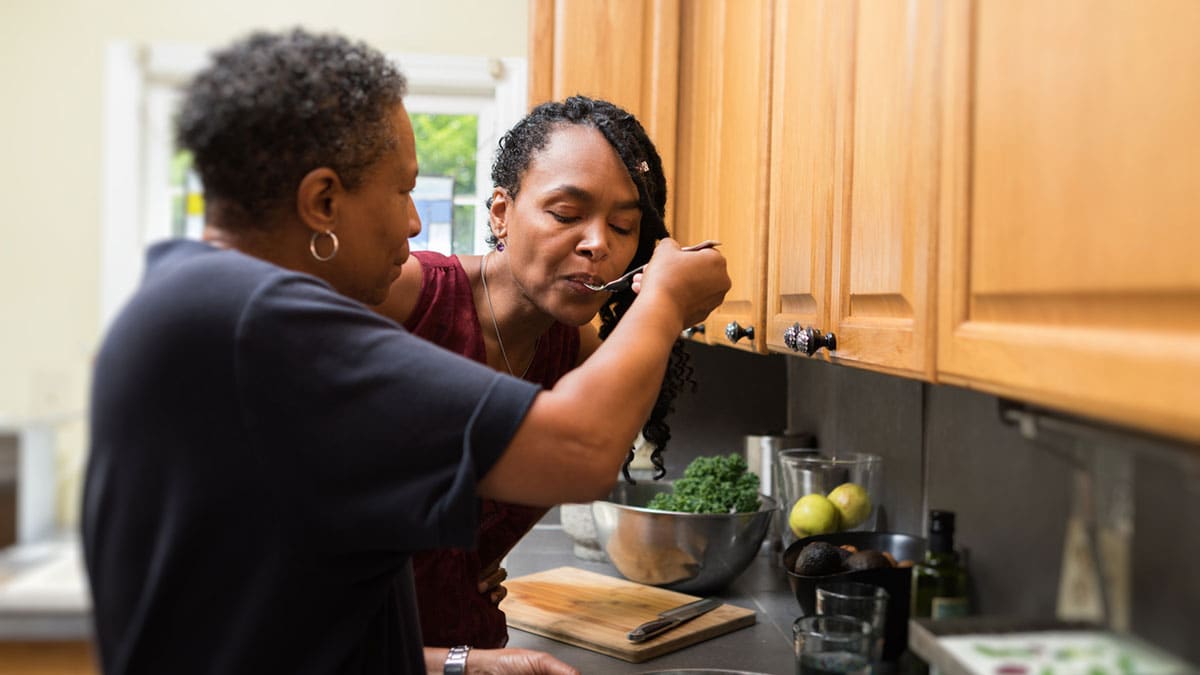Key points
- Informal or unpaid caregivers (either family members or friends) are the backbone of long-term care provided in people’s homes.
- Despite the great sense of reward you may feel, caregiving can be hard.
- To continue being a good caregiver, you need to take care of yourself.
- Make sure you have consistent breaks from your caregiving responsibilities.
- If you know someone who is a caregiver, there are ways to help.
Respite care
Respite care allows caregivers time off from their caregiving responsibilities.
If you are a caregiver, you may be able to get a break from your caregiving responsibilities with support from:
- Family or friends.
- Nonprofit groups.
- Government agencies.
Different types of services are available:
- In the home.
- Adult day care.
- Short-term nursing home care.
Even a few hours of respite a week can improve your well-being.

Getting support
Family and friends
Here are some suggestions for getting help from people you know.
- Identify a caregiving task or a block of time that you would like help with.
- Start a shared online calendar where people schedule regular help.
Your doctor or other health care provider
Does your doctor know you are a caregiver?
- Tell your doctor the roles you serve as a caregiver.
- Health care professionals may know support groups that can help.
Nonprofit organizations or government agencies
Help finding information and care services may be available from the following organizations:
- Alzheimer's Association
- American Heart Association's Support Network
- American Cancer Society's Caregiving resources
- American Lung Associations Help and Support page
- National Respite Locator
Especially for veterans
Offering support to caregivers

Do you know someone who is a caregiver? Here are things you can do to support them:
- Help them with errands, chores, and other tasks.
- Provide emotional and social support.
- Negotiate times to check in on them.
- Help them manage their own health care needs.
- Help them create and manage a care plan for the person they care for.
- Encourage them to seek mental health services if necessary.
- See CDC's free Complete Care Plan and other caregiver resources.
Facing challenges
Additional Resources
Consider joining an online support group. It's important for you to have an opportunity to share your experiences with others and to get support and new resources.
Remember
- Zarit SH, Whetzel CA, Kim K, et al. Daily stressors and adult day service use by family caregivers: effects on depressive symptoms, positive mood, and dehydroepiandrosterone-sulfate. Am J Geriatr Psychiatry. 2014;22(12):1592-1602. doi:10.1016/j.jagp.2014.01.013
